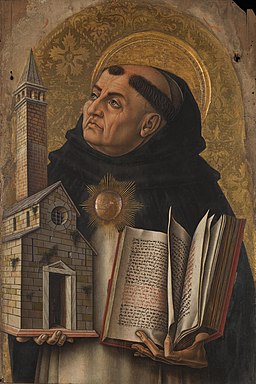David Russell Mosley

Lent
24 February 2016
The Edge of Elfland
Hudson, New Hampshire
Dear Friends and Family,
It’s been a while since I’ve written, I apologize. Early in January I got asked to teach an extra class for Johnson University, one developed by someone else, and I’ve been snowed in by homework ever since. I have finally caught up, however, and am now waiting for my students to turn in their final projects, a research paper on the Apostles’ Creed, this Sunday. While I probably should be working on my conference paper for the NEMAAR in April, or either of the two books I have coming out, I thought I would stop to write a little something about Lent.
A little over a month ago I wrote about trying to return to a life of pilgrimage. While Lent is an excellent time to engage in the journeying nature of the faith, I admit to having struggled with it a bit. My Lenten fasts have been going OK, but I have this sense that this Lent could be particularly transformative for me, if I only allow it. It was, therefore, rather providential that I came across “First Steps, Brancaster” by poet Malcolm Guite. Guite’s poem, while set in Winter, hit me on day when the weather was warm and I was sitting outside. Sadly, it has gotten colder again, it even snowed last night. Nevertheless, read this stanza:
This is the day to leave the dark behind you
Take the adventure, step beyond the hearth,
Shake off at last the shackles that confined you,
And find the courage for the forward path.
You yearned for freedom through the long night watches,
The day has come and you are free to choose,
Now is your time and season.
Companioned still by your familiar crutches,
And leaning on the props you hope to lose,
You step outside and widen your horizon.
This season, Lent, this day, is when I begin the first steps of my journey. I am moving forward, limping, but heading forward nevertheless. I have not only my crutches but my guides. This Lent I am reading several books that I think will help me as they are themselves stories of journeys, quests, and pilgrimages. As I wrote to you in my letter on pilgrimage, I am still reading Dante’s Divine Comedy. Just yesterday I left the ante-room of Purgatory with Virgil and the Pilgrim. Later today I will enter the garden of Eden with them working my way ever closer to the Beatific Vision, or at least whatever glimpses I can get of it this side of the parousia. I am also reading Augustine’s Confessions journeying with him into the depths of my soul, into the depths of my sin, so I can come out of the muck and mire of my sinfulness and reach up and be raised up to the Trinity. Lastly, I’m re-reading The Lord of the Rings, which I read every year. I am joining Frodo, Sam, and the others on a journey to see new beauties and face new horrors in the hope that when I return home, should I return home, I will not return the same.
I hope this Lent will be transformative for me, but even more, I hope it will be transformative for you.
Sincerely,
David






 The Magician’s Nephew by C. S. Lewis
The Magician’s Nephew by C. S. Lewis





